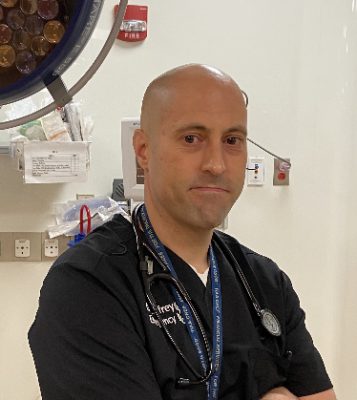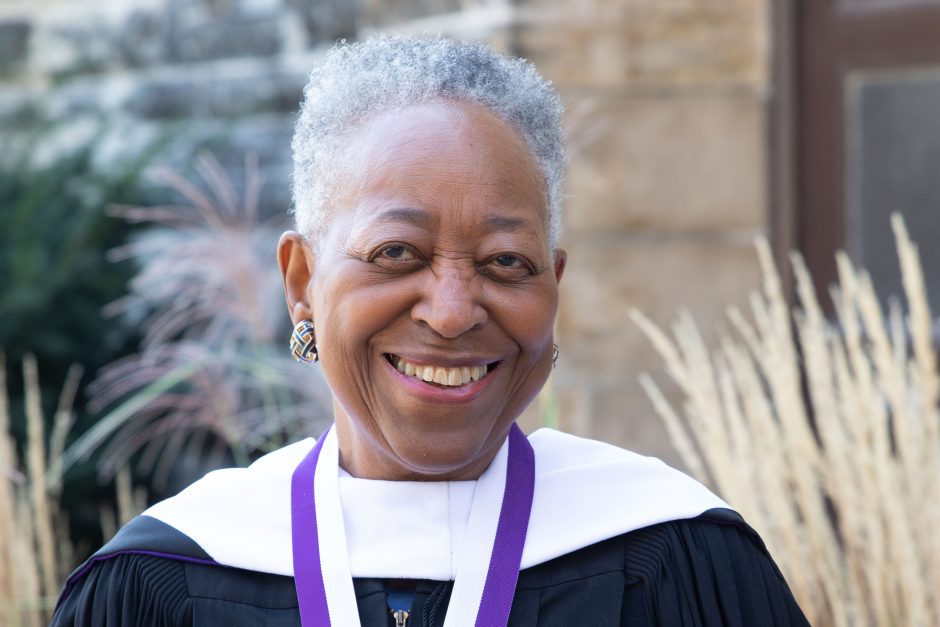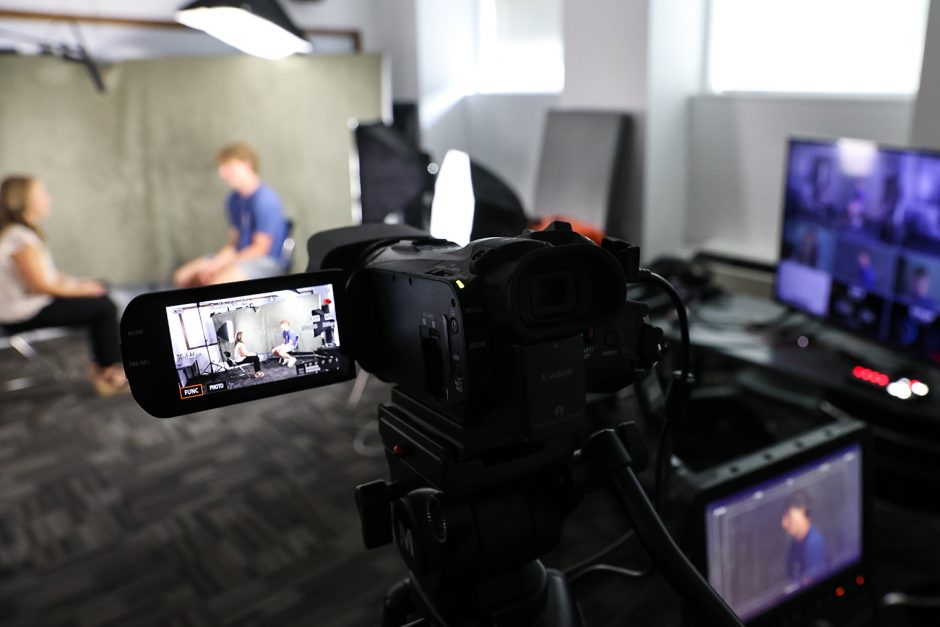Kinyon ’98 serves patients at epicenter of pandemic
Dr. Jeff Kinyon ’98’s hospital is the third busiest ER in the United States on a normal day.
To say his team is even busier now is an understatement as they find themselves at the epicenter of the coronavirus pandemic in the United States.
This is part of a series of stories on Cornellians responding to the COVID-19 pandemic.

“At times we’ve felt overwhelmed, but I think we’ve handled it well,” Kinyon said, who is an emergency medicine attending physician. “We had initially planned on dividing our ER into two sections, one to isolate potential COVID patients, the other for everyone else. This lasted a couple of days and by the end of the week, all of our typical emergencies–heart attacks, strokes, traumas–seemed to dry up overnight and the entire department was filled with patients gasping for breath requiring varying forms of breathing assistance.”
Kinyon is among many Cornellians and health care workers on the front lines of this battle with COVID-19. He says his ER inside the Paterson, New Jersey, hospital, just a 35-minute drive from New York City, was quickly filled with patients on ventilators when the virus started to spread.
“We moved our ER to our waiting room and tents in our parking lot, trying to triage who could go home and who would need immediate critical assistance,” Kinyon said. “We keep a daily tally of available ventilators which we’ve been fortunate enough to yet need to ration. Each week we have a new patch of doctors out either sick or on quarantine, forcing us to adjust our coverage accordingly. Days now consist of managing our current ventilated patients, figuring out who is worsening and needs to be intubated, and sorting through the waiting room list for sickest patients.”
The doctors in his ER are ready to serve the sickest patients, and they take pride in their training. Kinyon says his team is always ready to handle whatever comes through the door and treat everyone, regardless of the ability to pay. He says there have been a lot of tough moments.
“What’s been frustrating is how this pandemic has exposed the health disparities in this country, clearly seen who could get tested and who couldn’t, but also seen in risk factors for bad outcomes–asthma, diabetes, cardiac disease–being most prevalent in our most vulnerable and underinsured populations.”
Kinyon says some of his colleagues and close friends have become ill with the virus. That personal impact of this virus is something he didn’t expect. One of the doctors in his emergency room was among the first at the hospital to become ill.
“Over the past month, in addition to the usual worries of how many ventilators we have and how we are doing with medical supply shortages, there was always the question of how he was doing and if he was going to turn around,” Kinyon said. “I’m happy to say that he’s done great and was discharged home to a parade of hospital staff, complete with bagpipes and ambulance sirens. Over the past month, I’ve had colleagues lose parents and we’ve had two other docs become ill and recover.”
Kinyon majored in biochemistry and molecular biology and philosophy at Cornell College and attended medical school at Des Moines University.
How are you responding to the COVID-19 pandemic? Contact us to share your story, or alert us to other Cornellian’s responses.


